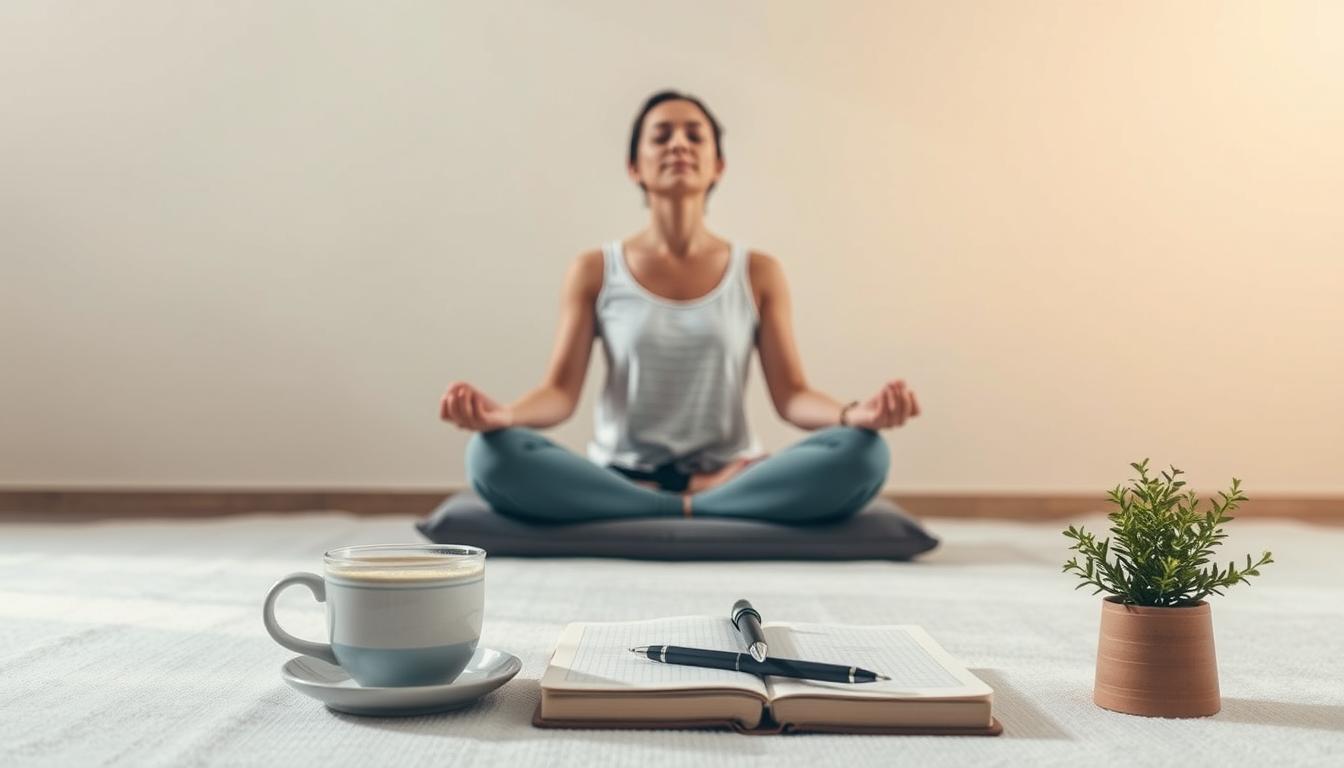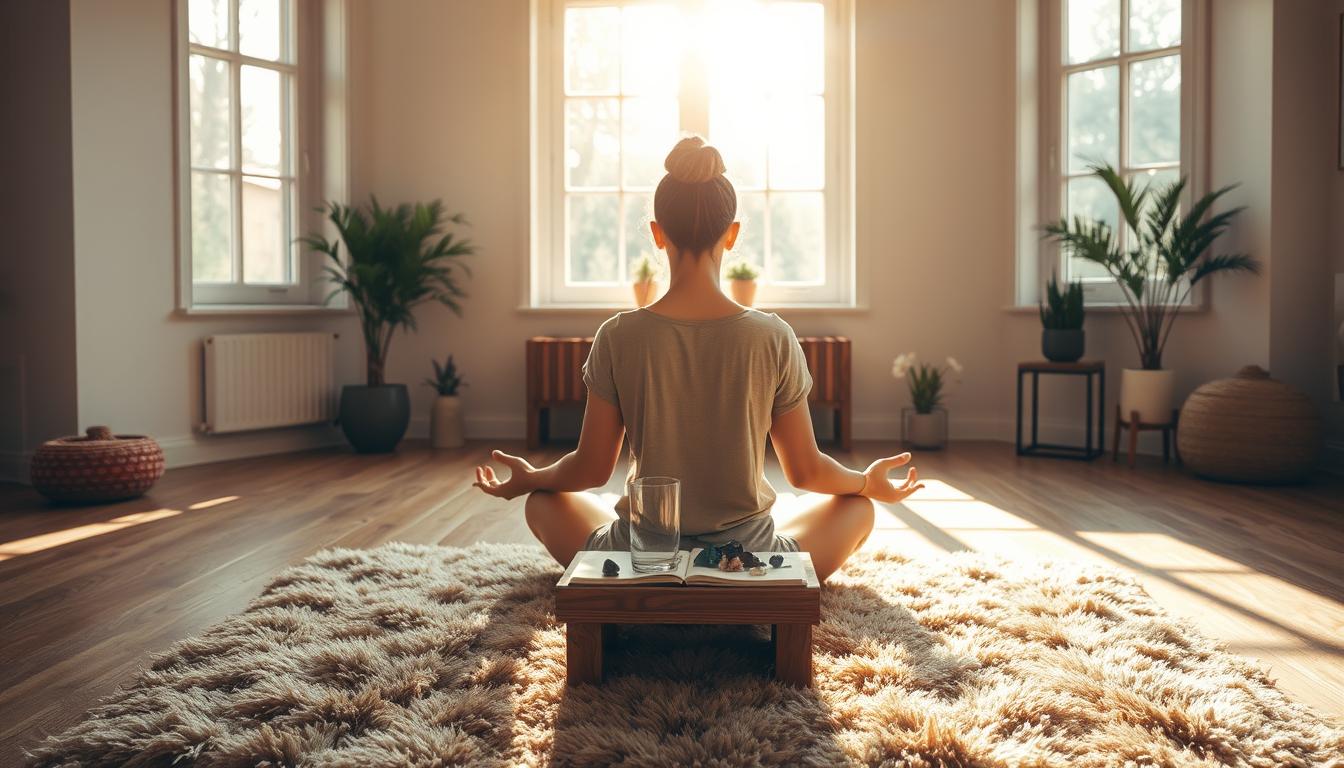Anxiety affects millions of people worldwide, with 1 in 5 adults experiencing anxiety disorders each year in the United States alone. While medication is…
Mental Health & Emotional Wellbeing
10 Daily Habits to Improve Mental Health Naturally
According to the World Health Organization, approximately 1 in 4 people worldwide will experience a mental health disorder at some point in their lives. This…

